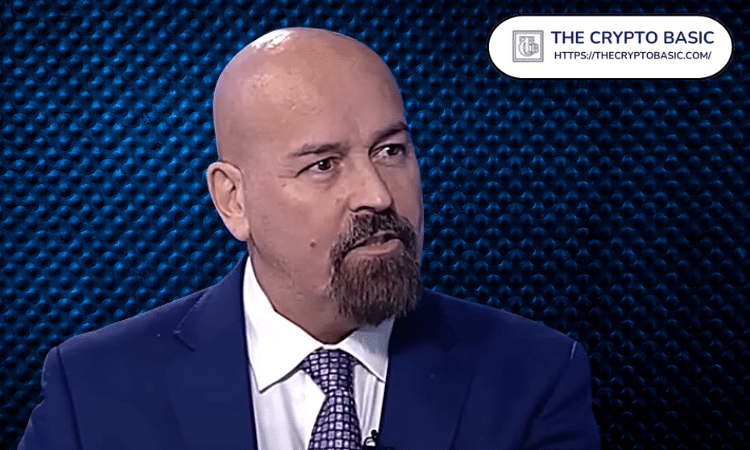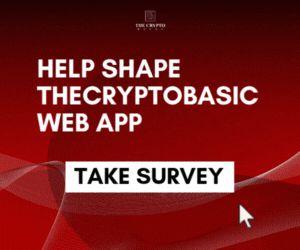Attorney Deaton once again aims to show that XRP is not a security, as he highlights the difference between XRP and the GRAM token from Telegram.
Attorney John Deaton, Managing Partner at Deaton Law firm, reiterates that XRP is not a security. The prominent crypto advocate made this known in a recent Twitter thread, as he compared XRP with the GRAM token.
#XRP IS NOT A SECURITY
Just as ?s, ? groves, ?, chinchillas, condos, and #BTC are not securities. All of these assets may have been once marketed, packaged, offered, and sold as an investment contract, but the asset remained what it always was.
— John E Deaton (@JohnEDeaton1) July 3, 2023
Judge Torres Will Address XRP Secondary Market Sales
In his remarks, Deaton expressed confidence that Judge Analisa Torres would also address XRP secondary sales and the token itself during her SEC vs. Ripple case ruling. The pro-XRP lawyer had suggested this in a comment last month.
Deaton argued that he disagreed with other experienced lawyers who believed the judge would not comment on the token. Per Deaton, if Judge Torres ignores addressing the underlying asset and XRP secondary market sales, she will bypass much of SEC’s theory regarding the coin.
Notably, Deaton asserts that Judge Torres will comment on XRP secondary market sales and the underlying asset in the Ripple case just as her colleague, Judge Kevin Castel, did in the SEC vs. Telegram lawsuit.
Unlike the Ripple case, the Telegram lawsuit involved a pure Initial Coin Offering (ICO) with written contracts. Deaton noted that Telegram aimed to use the money raised to build its platform and technology. However, the SEC sought a preliminary injunction and won on Mar. 25, 2020.
Furthermore, attorney Deaton said Judge Castel addressed GRAM secondary market sales in his second decision. According to the prominent attorney, Judge Castel believed reaching the secondary market was part of the scheme.
“At the preliminary injunction stage, the intended resale of Grams by Telegram’s conduits into the secondary market is likely to involve U.S. purchasers and would likely satisfy Morrison’s transactional test,” Deaton quoted a part of the ruling.
“At the preliminary injunction stage, the intended resale of Grams by Telegram's conduits into the secondary market is likely to involve U.S. purchasers and would likely satisfy Morrison's
transactional test.”— John E Deaton (@JohnEDeaton1) July 3, 2023
Attorney Deaton acknowledged that some people might think Judge Castel’s ruling may have a negative impact on the Ripple case. Notably, some believe Judge Torres could find Ripple’s intent to create XRP secondary markets as part of the scheme.
Ripple Case Differs From Telegram’s
However, Deaton clarified that the Ripple case differs from Telegram, which involved a pure ICO without a functioning platform. Per Deaton, the U.S. Government Accountability Office never called GRAM a virtual currency in 2014 like it described XRP.
Additionally, the Financial Crimes Enforcement Network (FinCEN) did not mention GRAM as a virtual currency in 2015, like XRP.
Furthermore, Deaton said GRAM did not satisfy criteria like XRP did in the 2019 SEC framework for digital assets. Deaton added that the report indicated that if XRP is used for immediate payments, it is unlikely to satisfy Howey.
In addition, the Financial Stability Oversight Council referred to XRP as a virtual currency in its 2019 report, not GRAM.
The attorney added that MoneyGram did not utilize GRAM in June 2019 like it used XRP. Recall that the payment giant informed the SEC in 2019 that it would utilize XRP in its cross-border business.
Deaton remarked further: “There weren’t businesses like Bailard Inc., who gave Ethics Disclosures in 2020 & 2021 affirming to the SEC that it would only buy and trade the three digital assets generally accepted by the SEC and the industry to be NON-securities: BTC, ETH, and XRP. GRAM wasn’t listed!”
There weren’t businesses like Bailard Inc., who gave Ethics Disclosures in 2020 & 2021 affirming to the SEC that it would only buy and trade the three digital assets generally accepted by the SEC and the industry to be NON-securities: #BTC, #ETH and #XRP. #GRAM wasn’t listed!
— John E Deaton (@JohnEDeaton1) July 3, 2023
While Telegram wanted to raise funds via the sale of GRAM to build its platform, XRP Ledger was fully functional. Per Deaton, XRP has traded publicly for 7.5 years, and within this period, SEC officials could own the coin.
Conclusively, Deaton said Judge Torres would address XRP secondary market sales and the token itself in her upcoming ruling. Deaton clarified that ignoring the issues and SEC’s theory would be a greater act of judicial activism.
DisClamier: This content is informational and should not be considered financial advice. The views expressed in this article may include the author's personal opinions and do not reflect The Crypto Basic opinion. Readers are encouraged to do thorough research before making any investment decisions. The Crypto Basic is not responsible for any financial losses.



